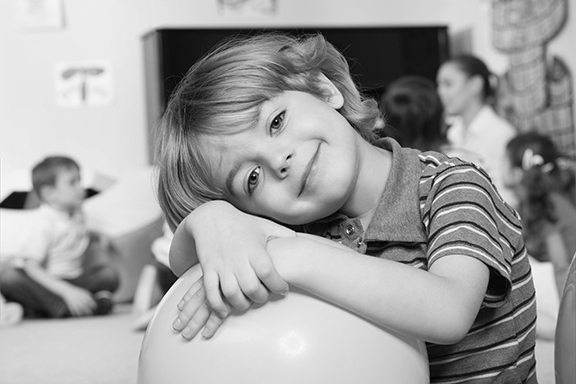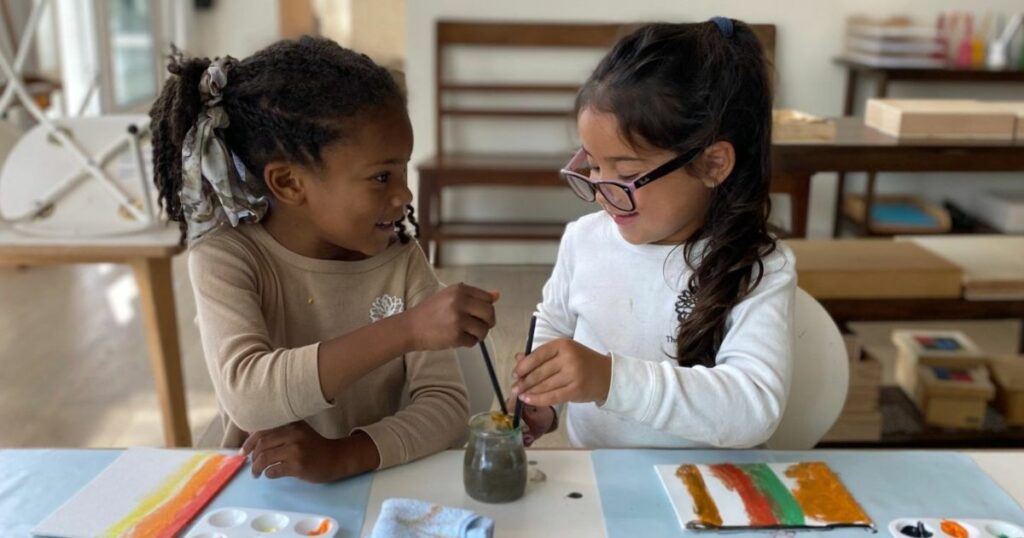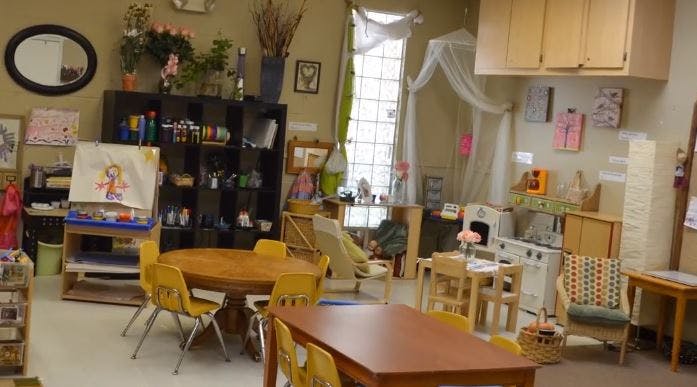It’s not tough to instill good personal hygiene habits in your children. Continue reading to know how to develop personal hygiene habits in kids.
6 Tips For Teaching Your Child About Personal Hygiene
#1 Start Early:
There is no need to wait. When they are toddlers, begin by teaching them the significance of cleanliness and grooming – bathing themselves, brushing their teeth, washing their hands, using the restroom independently, and so on. Allow your child to try these skills themselves with you present by the age of 3-5. You’ll be able to support them when they’re doing well and show them where they can improve. By the ages of 6 to 9, attempt to encourage your child to do their daily hygiene routine on their own, and eventually without being asked.
#2 Set a good example:
Keeping up with your hygiene and being upfront about it is one of the best ways to teach kids about personal hygiene.
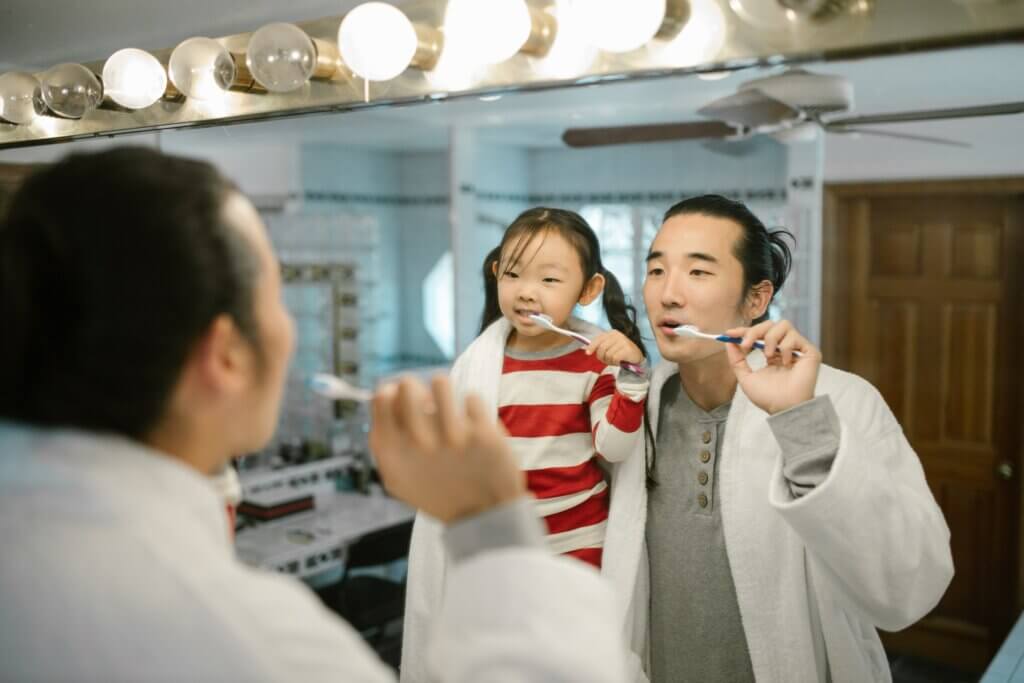
If your child observes the adults in their lives skipping showers or neglecting to clean their teeth, he or she may believe that such behavior is normal. Your children will be more inclined to learn if you set the example. Always set a good example.
#3 Talk about it:
It is one of the best ways to teach your child about personal hygiene. Personal hygiene is a topic that should be discussed frequently as your child grows. Move on to the necessity of flossing once they have mastered cleaning their teeth on their own. These discussions should resurface when kids approach puberty. Maintain lines of communication open, so your child feels comfortable telling you about new body hair, odor, or other changes they (or you) observe. Normalize and accept the puberty changes as a normal aspect of growing up.
#4 Make personal hygiene a daily responsibility:
Discuss with your children the importance of personal hygiene. What if you don’t brush your teeth or change your clothing when they’re dirty? It may be beneficial to design charts that allow your child to tick off tasks when they are completed. This will give children a sense of freedom and teach them to be self-sufficient.
#5 Check-in Frequently:
It’s fantastic when your child can manage the majority of their personal care without assistance. However, regardless of your child’s age level, make sure to check in regularly to monitor those positive habits and ensure they are maintained.
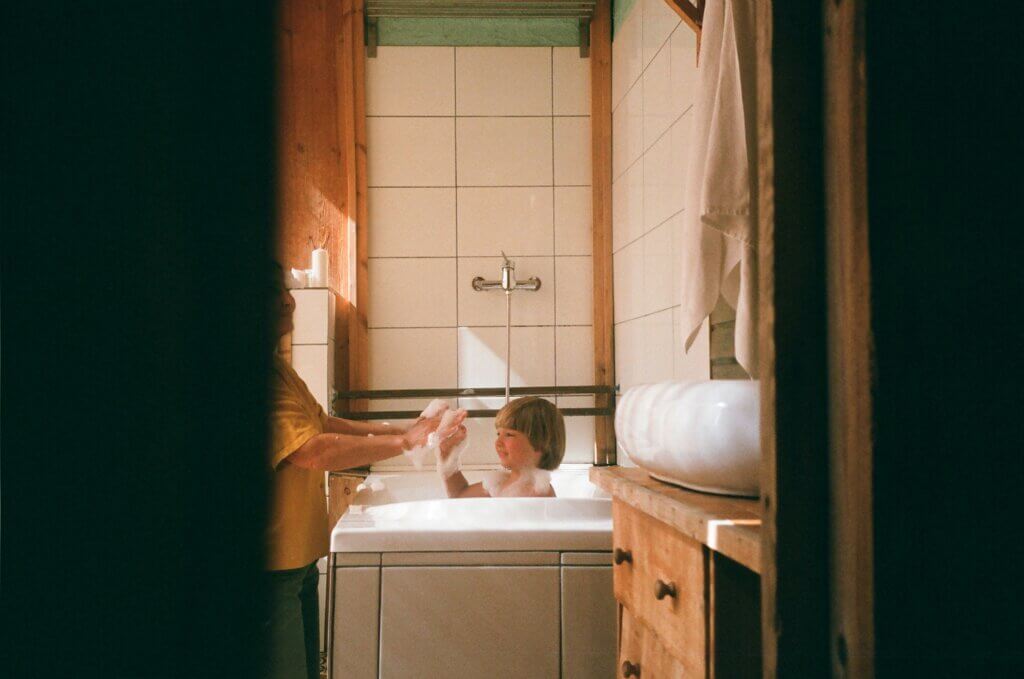
Is your kid cleaning their hands after using the restroom? Are they properly cleaning their private parts in the shower? They may roll their eyes, but the reminders are beneficial.
#6 Personal hygiene should be promoted as a part of wellness:
Personal hygiene is important more than simply physical wellness. It is about caring for your whole well-being and learning to appreciate yourself by keeping your body happy and healthy. Teaching your children the value of self-love and self-care from an early age will help them feel more at ease with themselves as they grow older.
What To Do When Your Child Pushes Back On Personal Hygiene?
Children can be sensitive and resist the concept of having to start wearing deodorant or brushing their teeth at night. They may simply resist because they would rather be playing or dislike being told what to do.
Here are a few options that might work for you when your kids do not give importance to their personal hygiene:
a) Discuss the consequences.
Assist them in understanding why this new routine is important. You are spreading restroom germs if you do not wash your hands, and you or others may become ill as a result. If you do not brush your teeth, you may develop cavities, tooth decay, and bad breath.
b) Make an incentive available.
Consider giving your child a little, non-food treat (such as a sticker) after they have completed one of their personal hygiene activities. A word of caution: Don’t go back to begging your child to perform something routine in exchange for a treat. This can lead to power disputes, which can worsen as they get older.
c) Make educational resources available.
Children learn in a variety of ways at times. There are numerous books and videos available to help you teach your child about personal hygiene. Montessori methods are also quite helpful in developing essential skills in kids.
Takeaway:
Remember that teaching your child the value of personal hygiene is a vital aspect of their upbringing. Not following Personal hygiene can make your kids fall sick. However, you can avoid this from happening. By practicing the above-mentioned personal hygiene routines, you can protect your children’s health and keep bacteria-causing diseases at bay. If your children have already developed personal hygiene practices, that’s fantastic. If they haven’t already, now is a great time to start!


